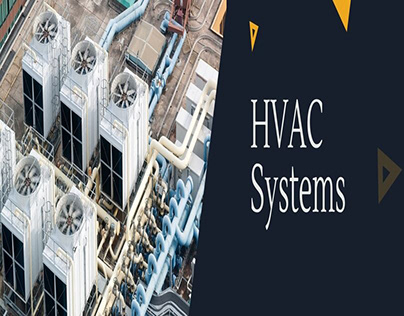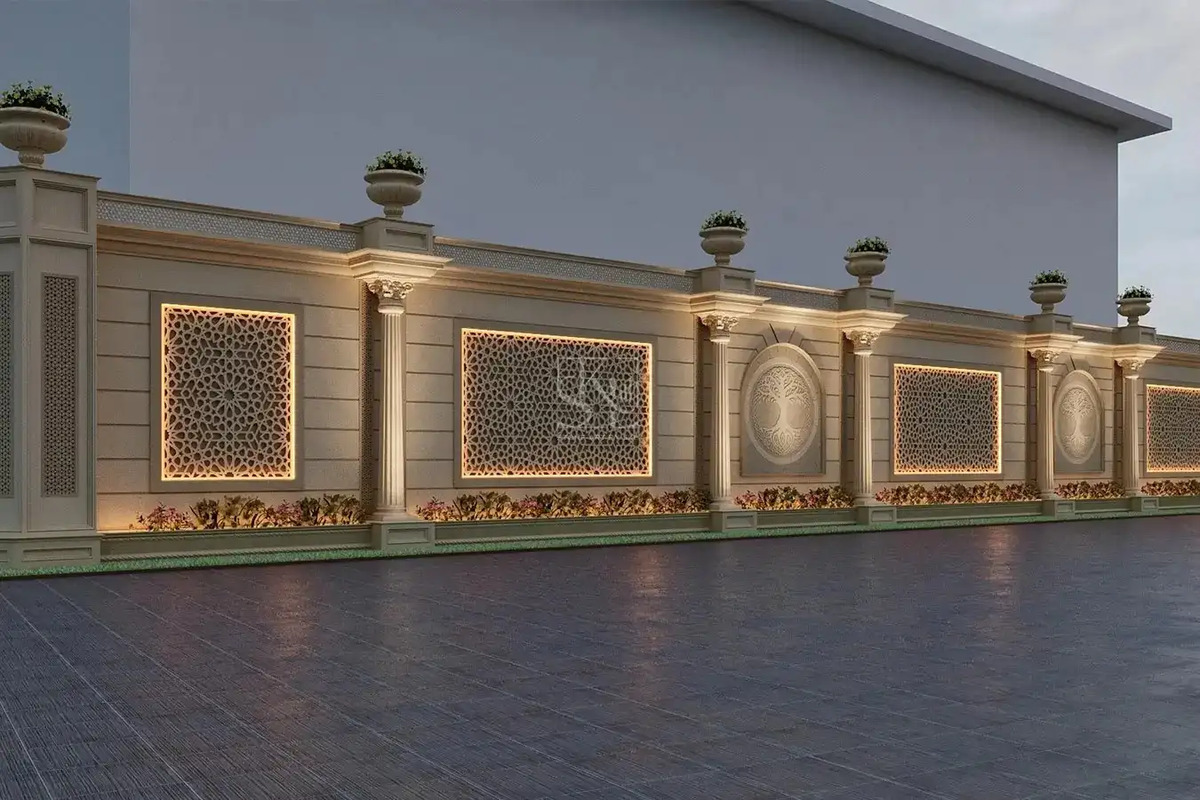The demand for HVAC systems in the UAE continues to grow due to the region’s extreme climate, rapid urbanisation, and focus on sustainability. In a country where summer temperatures can soar above 45°C, reliable and energy-efficient HVAC solutions are not a luxury but a necessity. Businesses, homeowners, and industrial sectors rely on cutting-edge systems that provide comfort, maintain indoor air quality, and optimise energy usage.
This comprehensive guide explores everything about HVAC systems in the UAE, including types, applications, energy efficiency, leading suppliers, and future trends shaping the industry.
Importance of HVAC Systems in the UAE
Living and working in the UAE requires advanced climate control systems to ensure comfort, safety, and productivity. HVAC systems serve multiple purposes:
- Temperature Control – Maintain optimal cooling during harsh summers and heating in cooler months.
- Indoor Air Quality – Purify and circulate fresh air to reduce pollutants and humidity.
- Energy Efficiency – Reduce electricity consumption, critical in a region where cooling accounts for a large share of energy use.
- Compliance with Standards – Meet the UAE’s green building codes and sustainability initiatives like Estidama and LEED certifications.
Types of HVAC Systems Used in the UAE
Different buildings and industries require different HVAC solutions. Below are the most widely used systems across the UAE:
1. Central Air Conditioning Systems
The most popular in commercial and residential high-rises, central AC ensures uniform cooling with high energy efficiency. It typically includes chillers, air handling units (AHUs), and ductwork.
2. Split and Multi-Split Systems
Widely used in villas, apartments, and offices. They are cost-effective, easy to install, and provide zone-specific temperature control.
3. VRF/VRV Systems (Variable Refrigerant Flow/Volume)
Ideal for large commercial buildings, malls, and hotels, VRF systems offer flexibility, zoning capabilities, and superior energy savings.
4. Packaged HVAC Units
Common in smaller commercial facilities. These systems combine cooling and heating functions in a compact unit, making them highly space-efficient.
5. Industrial HVAC Systems
Manufacturing plants, refineries, and warehouses in the UAE rely on specialised systems designed for large-scale air handling and strict temperature control.
HVAC Applications in Different Sectors in the UAE
Residential Sector
Luxury villas and high-rise apartments require quiet, efficient, and smart-controlled HVAC systems. Homeowners prefer inverter-based ACs, smart thermostats, and ductless solutions for enhanced comfort.
Commercial Sector
Hotels, offices, shopping malls, and hospitals rely heavily on VRF systems, chillers, and central AC units to provide consistent cooling and meet health regulations.
Industrial Sector
Refineries, logistics hubs, and food processing units depend on heavy-duty HVAC solutions for operational stability, storage, and worker safety.
Healthcare Facilities
Hospitals and laboratories demand cleanroom HVAC systems with HEPA filtration, humidity control, and air pressure regulation to maintain sterile environments.
Energy-Efficient HVAC Systems in the UAE
With growing emphasis on sustainability, the UAE promotes the use of eco-friendly and energy-efficient HVAC solutions. Key features include:
- Smart Thermostats for real-time monitoring.
- Inverter Technology to optimise compressor speed.
- Solar-Powered HVAC Systems are reducing dependency on grid electricity.
- Green Refrigerants (R-32, R-410A) have a lower environmental impact.
- IoT-Enabled HVAC for predictive maintenance and reduced downtime.
The UAE government’s Energy Strategy 2050 encourages industries and households to adopt HVAC systems that minimise carbon emissions while ensuring comfort.
Top HVAC Brands and Suppliers in the UAE
Several global and regional brands dominate the UAE’s HVAC market. Leading suppliers include:
- Carrier – Known for energy-efficient chillers and large-scale systems.
- Daikin – Pioneers in VRF technology and inverter solutions.
- Trane – Specialised in central AC and industrial HVAC solutions.
- LG – Widely used for residential and commercial split units.
- Gree & Midea – Cost-effective, reliable solutions for residential and office use.
- Zamil & O General – Popular across UAE villas and offices for their durability.
Local distributors and service providers play a vital role in installation, maintenance, and after-sales support, ensuring long-term efficiency.
Factors to Consider When Choosing an HVAC System in the UAE
When selecting the right system, businesses and homeowners must evaluate:
- Building Size and Layout – Determines system type and capacity.
- Energy Efficiency Ratings – Helps reduce electricity bills.
- Smart Controls – Integration with home automation systems.
- Durability – Systems that withstand the UAE’s dusty environment.
- Maintenance Support – Availability of spare parts and technical expertise.
- Compliance – Must align with Dubai Municipality and Abu Dhabi Estidama requirements.
HVAC Installation and Maintenance in the UAE
Proper installation and regular maintenance are crucial for performance and longevity. UAE service providers offer:
- Annual Maintenance Contracts (AMC) ensure routine inspections.
- Duct Cleaning and Filter Replacement for improved indoor air quality.
- 24/7 Emergency Support for commercial and residential clients.
- Energy Audits to optimise system efficiency.
Future of HVAC Systems in the UAE
The future of HVAC in the UAE is shaped by sustainability, technology, and innovation. Trends include:
- Smart Buildings Integration – Linking HVAC with IoT and AI for predictive climate control.
- District Cooling Systems – Already popular in Dubai, providing centralised cooling for large communities with reduced energy costs.
- Renewable Energy Integration – Solar-powered HVAC systems will play a significant role.
- Air Quality Monitoring – Increased focus on systems that detect and eliminate pollutants.
- Sustainable Construction Codes – Further tightening of UAE green building laws will drive demand for eco-friendly HVAC systems.
Conclusion
The HVAC system market in the UAE is dynamic, technology-driven, and aligned with the nation’s vision for sustainable growth. From residential villas to massive industrial complexes, reliable climate control is the backbone of comfort and efficiency in this desert environment. Businesses and homeowners who invest in high-performance, energy-efficient HVAC systems not only enhance comfort but also contribute to the UAE’s green future.



